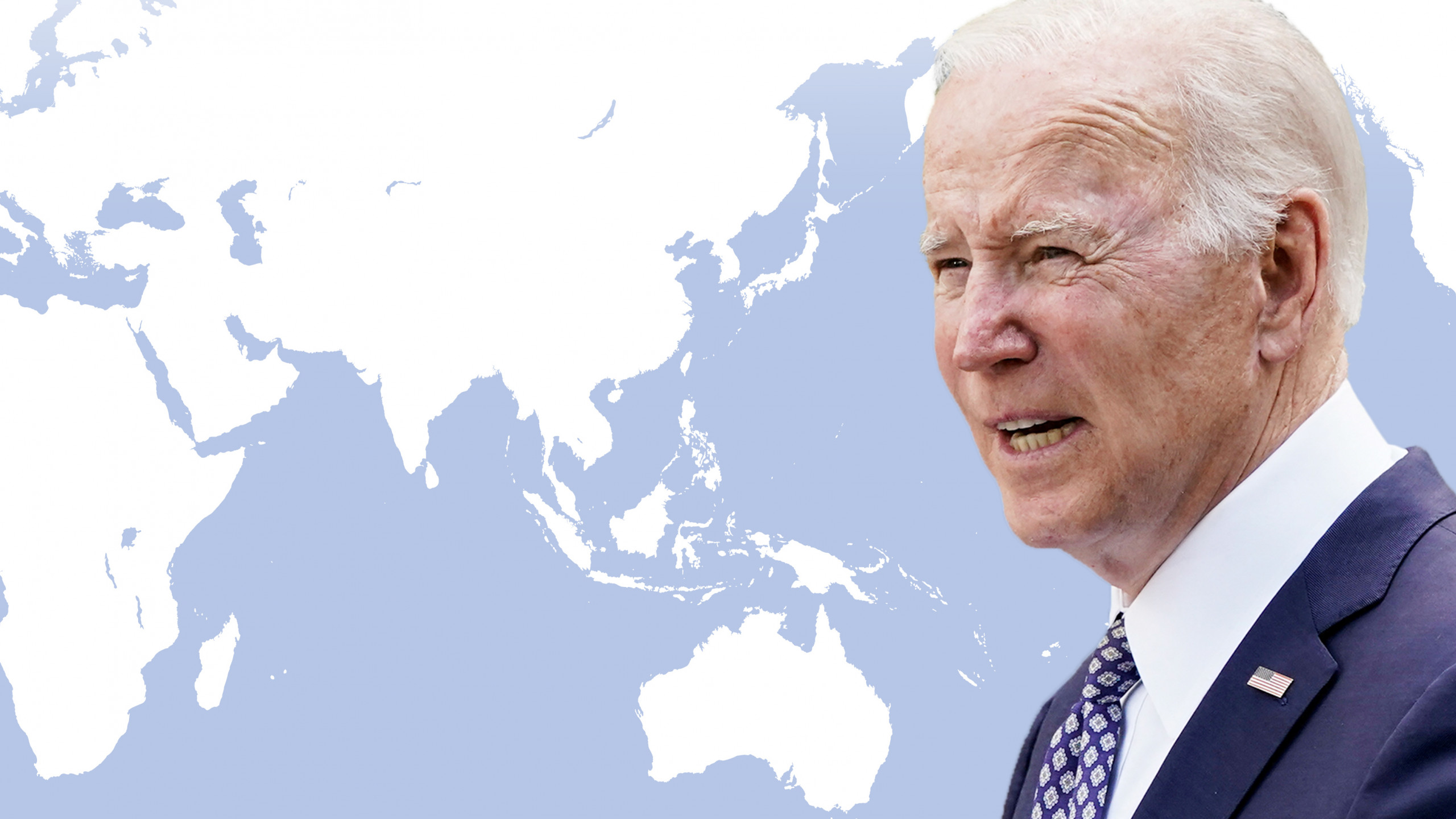Despite the crisis caused by the virus, the ASEAN economy could recover thanks to the opportunities offered by digital commerce.
The restrictive measures taken to combat Covid-19 have had a major impact on citizens' economic activities and habits, causing a deep global crisis. Despite the encouraging forecasts of the International Monetary Fund, Asia will be one of the most affected regions, with a high risk of increasing poverty.
Faced with the upheavals of the regional and international market, businesses and governments in the ASEAN area are now committed to finding new ways of meeting supply and demand, while still respecting the security and social distance needed to manage the virus. In this regard, it seems like digital commerce could be an interesting tool.
A study by Facebook and Bain & Company predicts that by 2025 consumers in the area will spend about three times more on digital platforms than in 2018, thanks to greater purchasing power and more widespread internet access. The sector is therefore growing rapidly and could reach about $ 150 billion in value in 2025.
The pandemic seems to have speeded up this process, as claimed by Pierre Poignant, CEO of Lazada, one of the largest e-commerce platforms in the ASEAN area, controlled by Alibaba. Because of travel restrictions and social distancing measures needed to contain the pandemic, the relationship between supply and demand has changed, increasing the opportunities for online interaction. The growth of the consumers associated with changes in consumption has seen a strong increase in the purchase of online products of any type.
Businesses also perceived the potential of e-commerce after the restrictions imposed by the pandemic: because they had to close the retail trade channel, they invested huge resources on new digital infrastructures, as shown by the data from the study "Riding the Digital Wave: Southeast Asia's Discovery Generation ”, which was involved about 13,000 respondents and over 30 CEOs and venture capitalists.
E-commerce can therefore become an opportunity for the development of ASEAN countries and in particular for SMEs that characterize their economic system and operate in extra-urban areas. In these areas, in fact, the match between supply and demand usually took place on site, with a relatively close circle of consumers from the same territory. Now, thanks to digital channels, companies will instead be able to access geographically distant markets and the same will happen for consumers who will see the multiplication of goods and services otherwise not accessible with the traditional hand by hand exchange.
Many countries in Southeast Asia have realized the importance of online commerce and appear determined to take advantage of its opportunities. Vietnam, after a 20% increase in online trade caused by the lockdown and the restrictions on circulation imposed, aims to reach the podium of ASEAN's digitized economies by 2030 with full 5G coverage of the national territory. Malaysia intends to strengthen the development strategy launched in 2019 under the motto of "One click, a million opportunities", increasing the adoption of new technologies to support and stimulate the national economy, supporting SMEs in the digitization process. Singapore has instead put in place some measures to strengthen e-commerce and stimulate companies to expand their business on the online market, also providing them with training and assistance, as well as the means for the start-up expenses on online portals.
In the economy of the ASEAN countries, therefore, commerce 4.0 is growing and developing, but it will be essential that local governments support this process. The first step will be to spread internet access also in rural areas and then encourage the spread of mobile and cashless payments. Finally, it will be necessary to prepare lean and efficient rules to regulate the sector and put it in a position to produce benefits for all. It appears that e-commerce can be a useful tool to revive ASEAN economies in the context of the current crisis.
Articole edited by Gabriel Zurlo.






